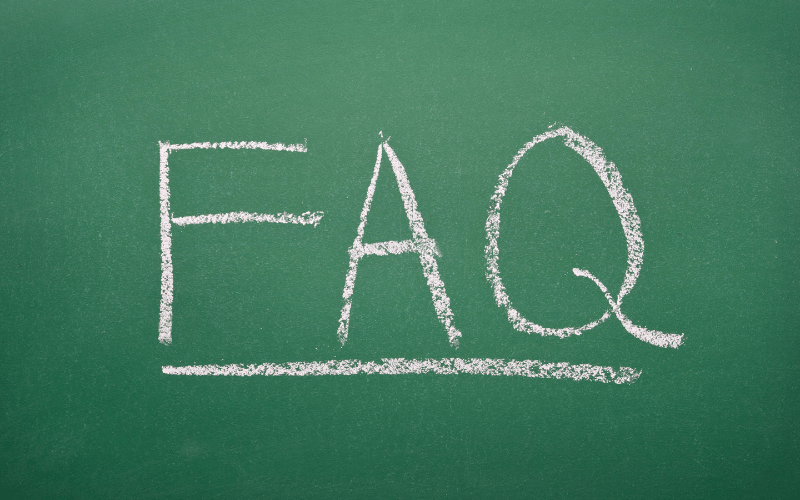FAQs on Autoimmune Hepatitis (AIH)

What triggers Autoimmune Hepatitis?
While the exact cause of AIH is still not fully understood, it’s believed to result from a combination of genetic predisposition and environmental factors. Some researchers suggest that certain infections or medications may trigger the immune response in genetically susceptible individuals.
Is AIH different from other forms of hepatitis?
Yes, AIH is distinct from other types of hepatitis. While hepatitis A, B, and C result from viral infections, AIH is an autoimmune disorder where the body’s immune system attacks its liver. The treatment, progression, and prognosis of AIH are different from those of viral hepatitis.
Can AIH be cured?
While there’s no definitive cure for AIH, many individuals respond well to treatments that reduce inflammation and suppress the immune system, like corticosteroids and azathioprine. With proper treatment and regular monitoring, many individuals with AIH can lead normal lives and manage their symptoms effectively.
How is AIH diagnosed?
Diagnosing AIH involves a combination of blood tests, liver function tests, imaging studies, and a liver biopsy. The presence of specific autoantibodies in the blood, combined with liver biopsy findings, can confirm an AIH diagnosis.
Is liver transplantation an option for AIH patients?
Yes, liver transplantation can be an option for those with advanced liver disease or for those who don’t respond well to standard treatments. While a transplant can be life-saving, it’s usually considered a last-resort treatment due to its associated risks and the need for lifelong immunosuppressive medications.
Conclusion: Wrapping Up on AIH Insights
Autoimmune Hepatitis (AIH) is a condition that highlights the delicate balance of our immune system and its interactions with vital organs like the liver. Through its myriad of symptoms, from the subtle onset of fatigue to more alarming signs like jaundice or mental confusion, AIH paints a picture of a body’s internal conflict. The importance of recognizing and understanding these symptoms cannot be stressed enough. Early diagnosis and intervention not only aid in managing the disease but also offer those affected a chance at a better quality of life.
As with many medical conditions, awareness and knowledge are potent tools. While research continues to delve deeper into AIH’s intricacies, what we currently understand underscores the need for timely medical consultations, comprehensive care, and continued education. Both for those diagnosed with AIH and for the broader community, being informed and proactive can significantly alter the disease’s trajectory, leading to more positive outcomes and a hopeful future.